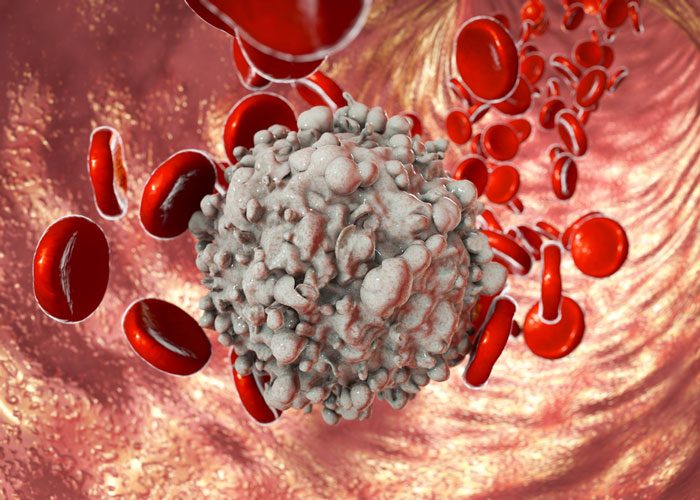Antibiotic identified that reduces infection risk in young leukaemia patients
Posted: 15 September 2017 | Dr Zara Kassam (Drug Target Review) | No comments yet
Researchers have identified an antibiotic that significantly reduced the odds of infections in children starting treatment for ALL without an apparent increase in antibiotic resistance…


Researchers have identified an antibiotic that significantly reduced the odds of infections in children starting treatment for acute lymphoblastic leukaemia (ALL) without an apparent increase in antibiotic resistance.
Researchers at the St. Jude Children’s Research Hospital reported that preventive therapy with levofloxacin or other antibiotics reduced the odds of infection, including fevers and bloodstream infections, by 70 percent or more in ALL patients with neutropenia during induction therapy.
Levofloxacin also reduced patients’ odds of antibiotic-associated infection with Clostridium difficile by 95 percent or more. Hospital-acquired C. difficile infection is associated with a nearly seven-fold increased risk of death in children. Levofloxacin reduced patient exposure to frontline antibiotics like vancomycin and cefepime. These antibiotics are needed if patients develop infections during therapy.
Researchers said the reduced exposure might explain why levofloxacin reduced odds of infection with C. difficile. A.ntibiotic treatment is a risk factor for C. difficile infection.
“Prophylactic antibiotic therapy with levofloxacin is routine for at-risk adult ALL patients, but it has remained controversial in children,” said lead author Dr Joshua Wolf, an assistant member of the St. Jude Department of Infectious Diseases. “Until this study, evidence supporting the safety and efficacy of prophylactic antibiotic therapy in children with ALL has been sparse.”
Doctors have also worried that proactive antibiotic treatment in children would promote drug resistance, particularly to antibiotics needed to treat life-threatening infection in patients who become infected.
The study included 344 St Jude patients enrolled in the St. Jude Total XVI clinical trial for patients newly diagnosed with ALL.
Patients were enrolled from 2007 to 2016. Until July 2014, patients received prophylactic antibiotic therapy at the discretion of their physicians. Beginning in August 2014, hospital treatment guidelines changed to recommend prophylactic levofloxacin therapy during induction therapy for ALL patients who develop neutropenia expected to last at least seven days.
Dr Wolf and his colleagues used the change to compare infection rates and other questions in 173 patients who received no preventive antibiotics; 69 patients treated prophylactically with levofloxacin; and 102 patients who received other prophylactic antibiotics, typically cefepime, ciprofloxacin or vancomycin, alone or in combination.
The researchers did not include patients with infections that began prior to or early in induction therapy. Investigators also used a statistical method called propensity score-weighting to control for differences among the patient groups. Researchers reported that patients with neutropenia who received any prophylactic therapy were far less likely than those who did not to develop fever, documented or likely infections, or bloodstream infections.


Meanwhile, antibiotic resistance did not significantly increase despite greater use of levofloxacin to prevent infections. “We are cautiously optimistic that any impact of levofloxacin on antibacterial resistance will be balanced by the reduction in the use of other antibiotics, but long-term monitoring antibiotic resistance patterns in young ALL patients will be needed to prove this,” Dr Wolf said.
“This research provides the first major evidence supporting targeted use of antibacterial prophylaxis for at-risk paediatric ALL patients, particularly use of the broad-spectrum antibiotic levofloxacin,” said Dr Wolf. The findings have been incorporated into Total Therapy XVII, the current St. Jude clinical trial for children and adolescents newly diagnosed with ALL.
The study was the largest yet focused on the safety and efficacy of proactive antibiotic therapy to prevent infections in paediatric ALL patients during induction therapy. These early weeks of chemotherapy often lead to a drop in white blood cells known as neutropenia that leaves patients at risk for life-threatening infections that can delay cancer treatment. Nationwide, up to 4 percent of young ALL patients die from treatment-related infections.
Related topics
Antibiotics
Related conditions
Leukaemia
Related organisations
St Jude Children’s Research Hospital
Related people
Dr Joshua Wolf



